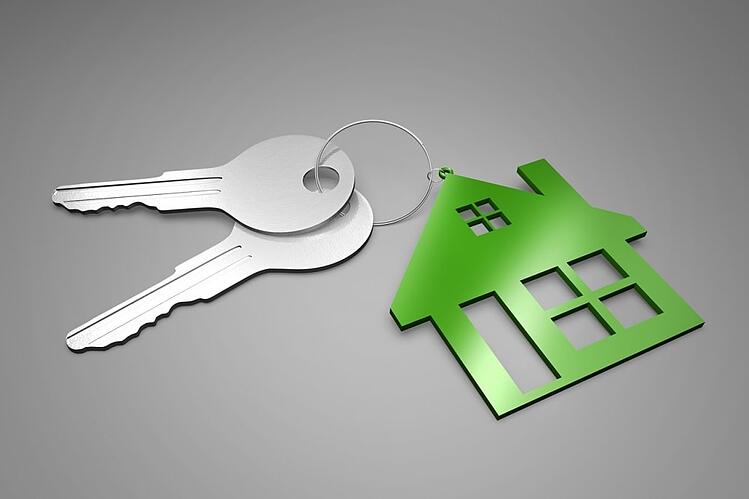
You may have purchased property
previously but are you now
wondering how much does it cost to
sell a house or rental
investment?
If you’re a
first time vendor or investor
ready to sell your property then
this article is for you.
Learn about the ‘hidden’ or typical associated costs of selling a house before you make that big decision to list your property with a real estate agent.
Getting your property market ready
Any agent you talk to will advise sprucing up your property for sale, or they will if they’re a good agent.
The costs involved with improvements don’t have to be major, but it’s worth spending up to $500 to get it looking appealing to potential buyers. Tenanted properties can really benefit from a landlord doing a quick “once-over” with a paint brush and some minor repairs.
Professional styling

Many agents recommend having your home professionally styled for advertising photos and open home inspections. This can bring out your home’s full potential and boost your sale price markedly. But it will cost you.
A styling package can be between $1,500 to $15,000+ depending on your property, the marketing period and which company you use.
Marketing costs
Marketing is a typical cost associated with selling a property, and most people know it’s important to invest in a solid marketing campaign.
A good marketing strategy will include different types of advertising such as: online (website & social media), flyers, local newspapers, property magazines and signboards.
As a general rule of thumb expect to spend approximately 1% of your anticipated sale price on marketing costs. Agents will either charge you upfront or when the house is sold.
Commission
There are two kinds of commission. A flat fee and a percentage per sale price fee.
A flat fee is paid no matter how much the home sells for, while an average commission rate for a percentage per sale is 2-3% of the selling price.
According to Realestate.com.au the price of some real estate agent commissions tends to go down as the price gets higher; usually with homes that are over a million dollars.
Commissions can also be structured - a lower percentage for the bulk of the sale price and an added bonus if it sells past this.
Since the rate can vary it’s best to compare a range of agents and discuss fees when you’re in the process of finding an agent.
If you’re selling by auction there will be additional costs for this process. Auctioneers fees vary widely but you should factor up to $1,000 on top of your agent’s fees.
Legal fees
A conveyancer navigates the process of transferring ownership once your home is sold. It’s recommended you have one who’s local and that they belong to the Australian Institute of Conveyancers.
Since they’re experienced with property contracts they know the ins and outs, and will sort your legal documents, communicate with the buyer, and deal with any legal formalities.
The recommended budget for a conveyancer is $800 to $1300.
Bank charges
If you have a fixed rate mortgage then it pays to be aware of when the fixed date ends. If you're selling your property within the fixed period you could pay thousands of dollars in break costs. This doesn’t apply if you have a variable rate mortgage.
Check with your mortgage provider or bank about their fees for mortgage break costs.
Capital gains tax
If you’re selling a rental investment property, you may need to pay Capital Gains Tax (CGT). Basically CGT is calculated from the profit you make from selling your property less the original cost of the property. But it also involves minusing depreciation, advertising costs, agent commission and more.
Getting an accountant is advised to reduce your level of capital gains by claiming other depreciation costs and money spent on maintenance.
If you’re selling your principal place of residence, or a property that you’ve resided in for at least 6 months, CGT doesn’t apply.
Council Rates & Body Corporate Fees
If you owe council rates and/or body corporate fees for your property, you’ll be liable for paying a portion of these up to settlement date. These are part of the settlement costs and your conveyancer will add these to your bill.
Alternative Accommodation

Buying and selling at the same time can be incredibly stressful, so many people choose to sell before they buy. But if you do it this way you’ll need to factor in house/apartment rental costs and storage fees until you buy another property.
As you can see, the amount of money you make on your property isn’t necessarily what you’ll receive in your bank account come settlement day! To find more tips for selling your house download the Aussie homeowners guide to managing your property, and make life easier by finding a great agent using Bricks+Agent.


